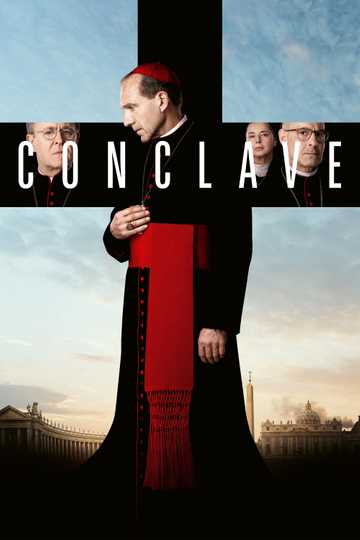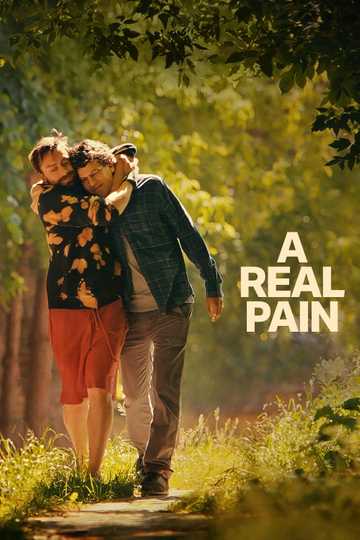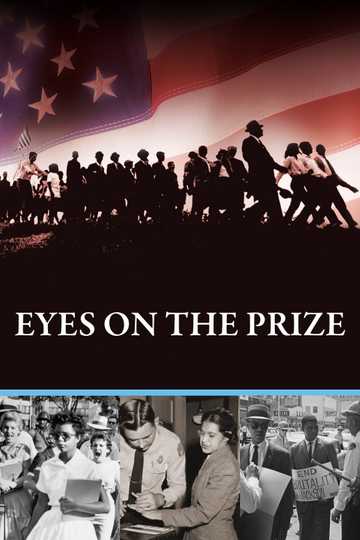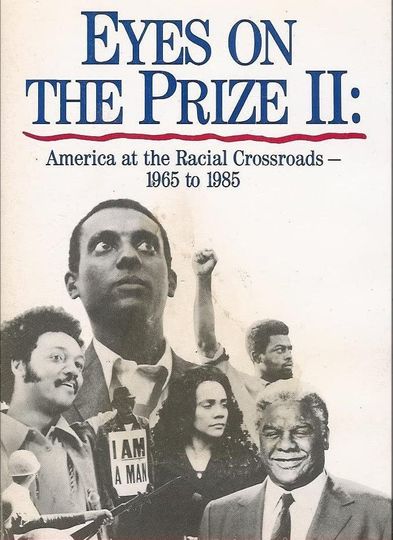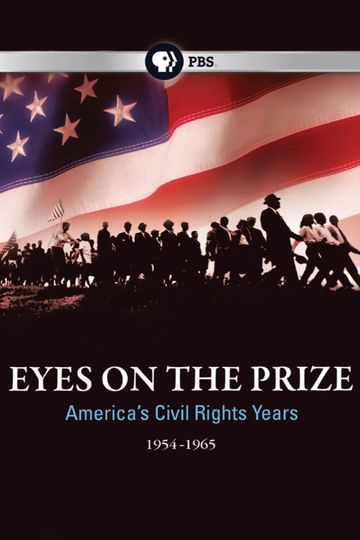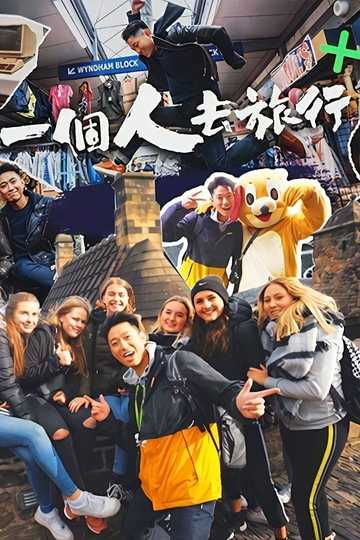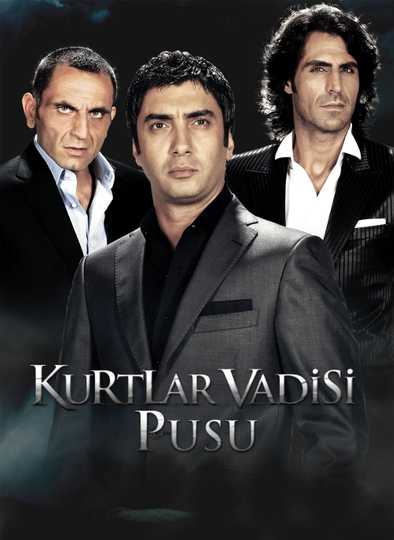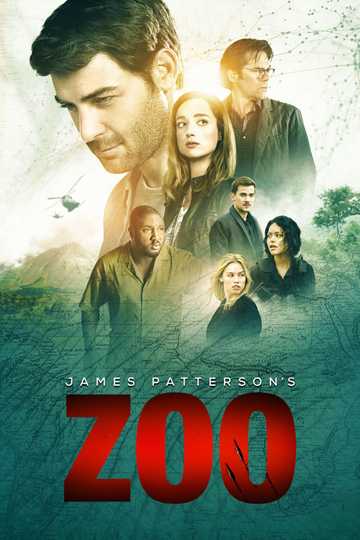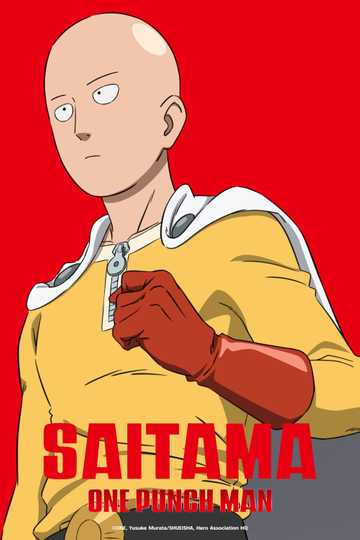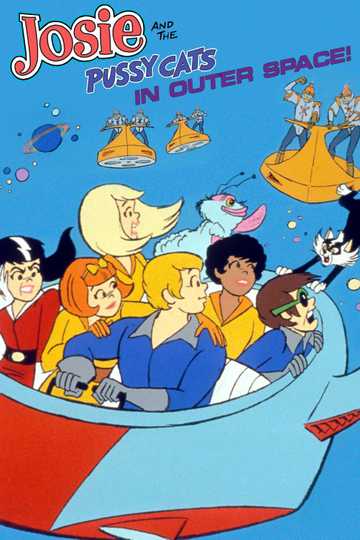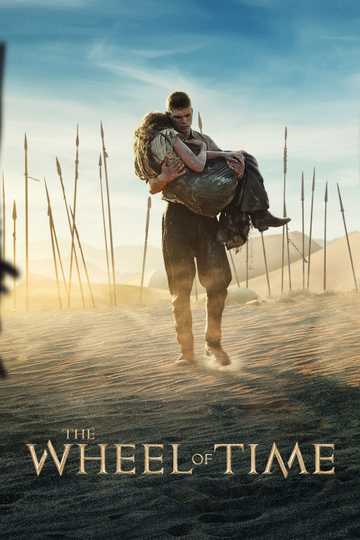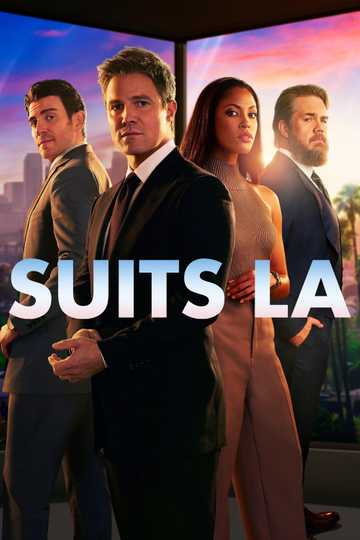America at the Racial Crossroads 1965–1985 Plot
The second season of this Civil Rights documentary chronicles the time period between the national emergence of Malcolm X during 1964 to the 1983 election of Harold Washington as the first African-American mayor of Chicago.
Eyes on the Prize America at the Racial Crossroads 1965–1985 aired on January 15th, 1990.
Watch 'Eyes on the Prize' America at the Racial Crossroads 1965–1985 Online

America at the Racial Crossroads 1965–1985 Episodes
1. The Time Has Come, 1964-1965
After a decade-long cry for justice, a new sound is heard in the civil rights movement: the insistent call for power. Malcolm X takes an eloquent nationalism to urban streets as a younger generation of black leaders listens. In the South, Stokely Carmichael and the Student Nonviolent Coordinating Committee (SNCC) move from "Freedom Now!" to "Black Power!" as the fabric of the traditional movement changes.
2. Two Societies, 1965-1968
Martin Luther King, Jr. and the Southern Christian Leadership Conference (SCLC) come north to help Chicago's civil rights leaders in their nonviolent struggle against segregated housing. Their efforts pit them against Chicago's powerful mayor, Richard Daley. When a series of marches through all-white neighborhoods draws violence, King and Daley negotiate with mixed results. In Detroit, a police raid in a black neighborhood sparks an urban uprising that lasts five days, leaving 43 people dead. The Kerner Commission finds that America is becoming "two societies, one black, one white, separate and unequal." President Lyndon Johnson, who appointed the commission, ignores the report.
3. Power! 1967-1968
The call for Black Power takes various forms across communities in black America. In Cleveland, Carl Stokes wins election as the first black mayor of a major American city. The Black Panther Party, armed with law books, breakfast programs, and guns, is born in Oakland. Substandard teaching practices prompt parents to gain educational control of a Brooklyn school district but then lead them to a showdown with New York City's teachers' union.
4. The Promised Land, 1967-1968
Martin Luther King stakes out new ground for himself and the rapidly fragmenting civil rights movement. One year before his death, he publicly opposes the war in Vietnam. His Southern Christian Leadership Conference (SCLC) embarks on an ambitious Poor People's Campaign. In the midst of political organizing, King detours to support striking sanitation workers in Memphis, where he is assassinated. King's death and the failure of his final campaign mark the end of a major stream of the movement.
5. Ain't Gonna Shuffle No More, 1964-1972
A call to pride and a renewed push for unity galvanize black America. World heavyweight champion Cassius Clay challenges America to accept him as Muhammad Ali, a minister of Islam who refuses to fight in Vietnam. Students at Howard University in Washington, D.C., fight to bring the growing black consciousness movement and their African heritage inside the walls of this prominent black institution. Black elected officials and community activists organize the National Black Political Convention in Gary, Indiana, in an attempt to create a unified black response to growing repression against the movement.
6. A Nation of Law?, 1967-1968
Black activism is increasingly met with a sometimes violent and unethical response from local and federal law enforcement agencies. In Chicago, two Black Panther Party leaders are killed in a pre-dawn raid by police acting on information supplied by an FBI informant. In the wake of President Nixon's call to "law and order," stepped-up arrests push the already poor conditions at New York's Attica State Prison to the limit. A five-day inmate takeover calling the public's attention to the conditions leaves 43 men dead: four killed by inmates, 39 by police.
7. The Keys to the Kingdom, 1974-1980
In the 1970s, antidiscrimination legal rights gained in past decades by the civil rights movement are put to the test. In Boston, some whites violently resist a federal court school desegregation order. Atlanta's first black mayor, Maynard Jackson, proves that affirmative action can work, but the Bakke Supreme Court case challenges that policy.
8. Back to the Movement, 1979-mid 1980s
Power and powerlessness. Miami's black community -- pummeled by urban renewal, a lack of jobs, and police harassment -- explodes in rioting. But in Chicago, an unprecedented grassroots movement triumphs. Frustrated by decades of unfulfilled promises made by the city's Democratic political machine, reformers install Harold Washington as Chicago's first black mayor.


